10 Very Cheap and Best furit For Weight Loss Everyone Can Eat...

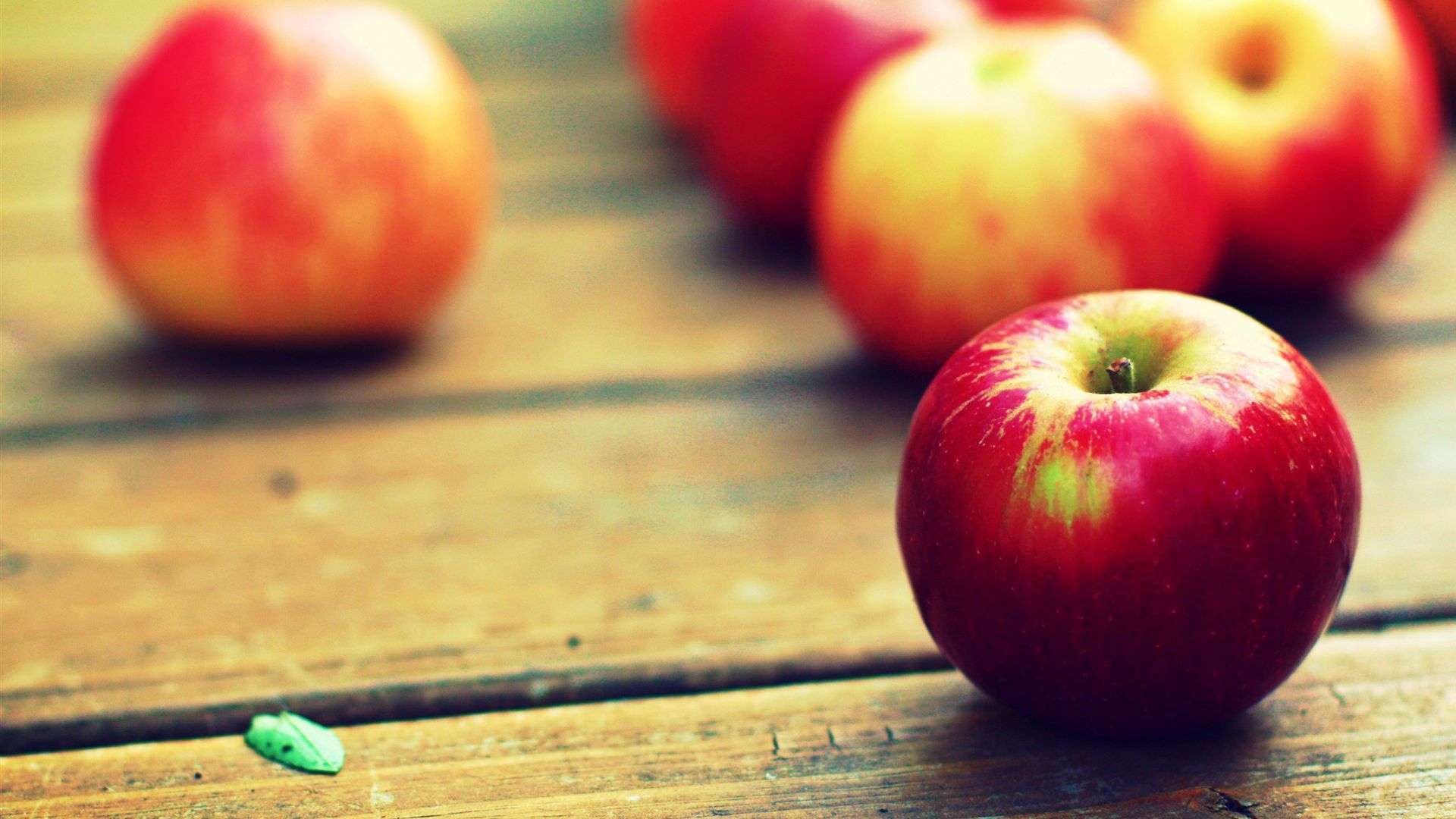
- Apple
An apple a day keep the extra pounds away.
According to a recent study in Food Chemistry, yes, because apples contain non-digestible compounds that promote the growth of good bacteria in your gut associated with weight loss.
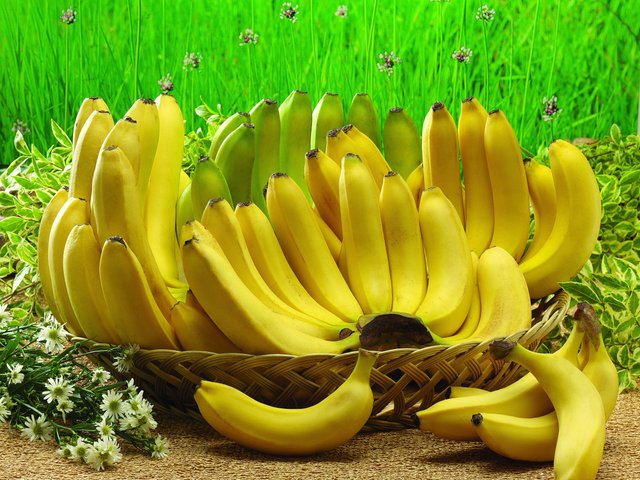
2.Banana
One medium banana has a mere 105 calories, 27 grams of carbs, 3 grams of satiating fiber and just 14 grams of naturally occurring sugar—not to mention a host of healthy flat belly nutrients. But beware: Compared to other fruits, bananas are slightly higher in calories and carbs, so no monkey business: stick to one five-inch portion a day. This ensures you’ll reap all the fruit’s benefits—without expanding your waistline.
A smart weight-loss plan includes regular exercise, and many fitness experts agree that bananas are an ideal source of pre- and post-workout fuel. The reason: They’re rich in glucose. The easily digestible sugar not only provides optimal energy for your spin or Crossfit class, it also quickly replenishes energy stores that are depleted during a tough sweat session. Another reason bananas make for a great recovery snack? They’re rich in potassium, an electrolyte that wards off post-pump muscle cramps and dizziness, that’s often lost through sweat. Pair the fruit with a source of muscle-building protein like a tablespoon of almond butter or a hard-boiled egg to ensure your tired body receives the recovery nutrients it needs.
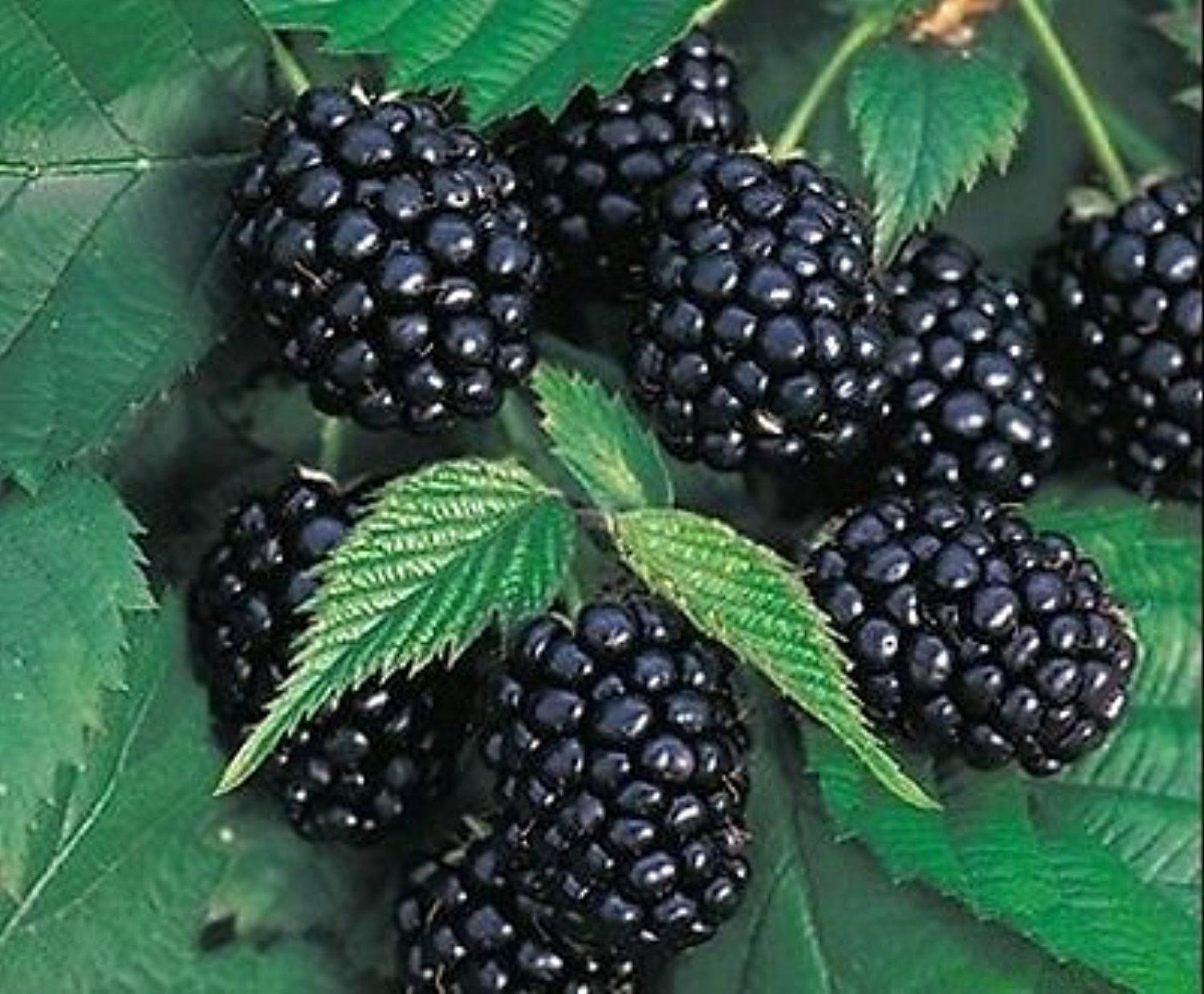
3.Blackberry
Because blackberries help fill you up, but are low in calories, they make an excellent addition to any healthy weight-loss meal plan. However, because blackberries lack some essential nutrients that help enhance weight loss, don’t overindulge in blackberries during your weight-loss journey. The main determinant of whether or not you’ll be successful losing weight is your total daily calorie intake.
Calories
Blackberries contain a large amount of water, which is why eating them is a low-calorie way to fill you up during weight loss. One cup of raw blackberries provides you with only 62 calories, according to the USDA National Nutrient Database. Calorie recommendations for weight loss usually range from about 1,200 to 1,600 calories daily, according to the National Heart, Lung, and Blood Institute.
Recommended Quantity
Overindulging in blackberries means that you may be getting too little protein or healthy fat in your weight-loss diet. Therefore, it is important to eat blackberries in moderation, especially during weight loss. The Dietary Guidelines for Americans 2010 recommends eating 1 cup of fruit daily when eating 1,000 to 1,200 calories a day, and 1.5 cups of fruits when consuming 1,400 to 1,800 calories per day.
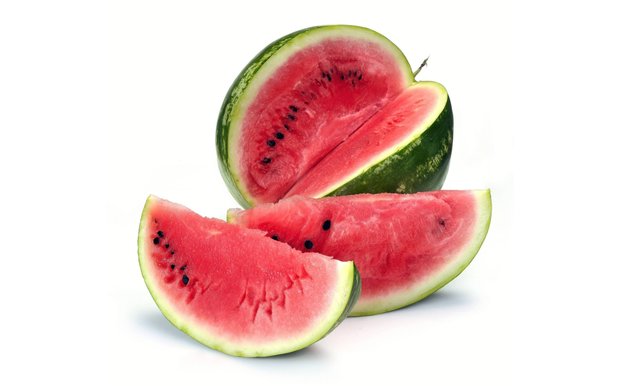
4.Watermelon
When you’re trying to lose inches around your waist, low-calorie foods that fill you up, such as watermelon, can aid your weight loss efforts. The summertime favorite is a refreshing treat that helps satisfy your sweet tooth while providing some key vitamins and antioxidants. Although research on watermelon’s direct effects on losing belly fat is scarce, the fruit makes a healthy addition to a weight loss plan.
Eating Watermelon to Lose Belly Fat
In addition to its nutritional benefits, watermelon is a fluid-laden food that can help you get enough water -- an essential nutrient -- in your diet. The fruit is 91 percent water, which means each cup of fruit you eat provides almost a cup of liquid.
The high fluid content makes watermelon a low-energy-dense food. Foods low in energy density are perfect for helping you lose belly fat, because they provide fewer calories in a larger volume of food, which helps you feel more satisfied, so you eat less. At only 46 calories per cup of diced fruit, watermelon has less than half the calories of similar servings of many other fruits. For comparison, a cup of seedless grapes has 104 calories, and a cup of banana slices has 134.
Although most fruits and vegetables are lower-energy-density foods, substituting watermelon for even slightly higher-energy choices reduces your calorie intake and helps with weight loss. For example, eating watermelon instead of a banana three times a week saves 13,728 calories per year, which translates to dropping almost four pounds of weight in that time.
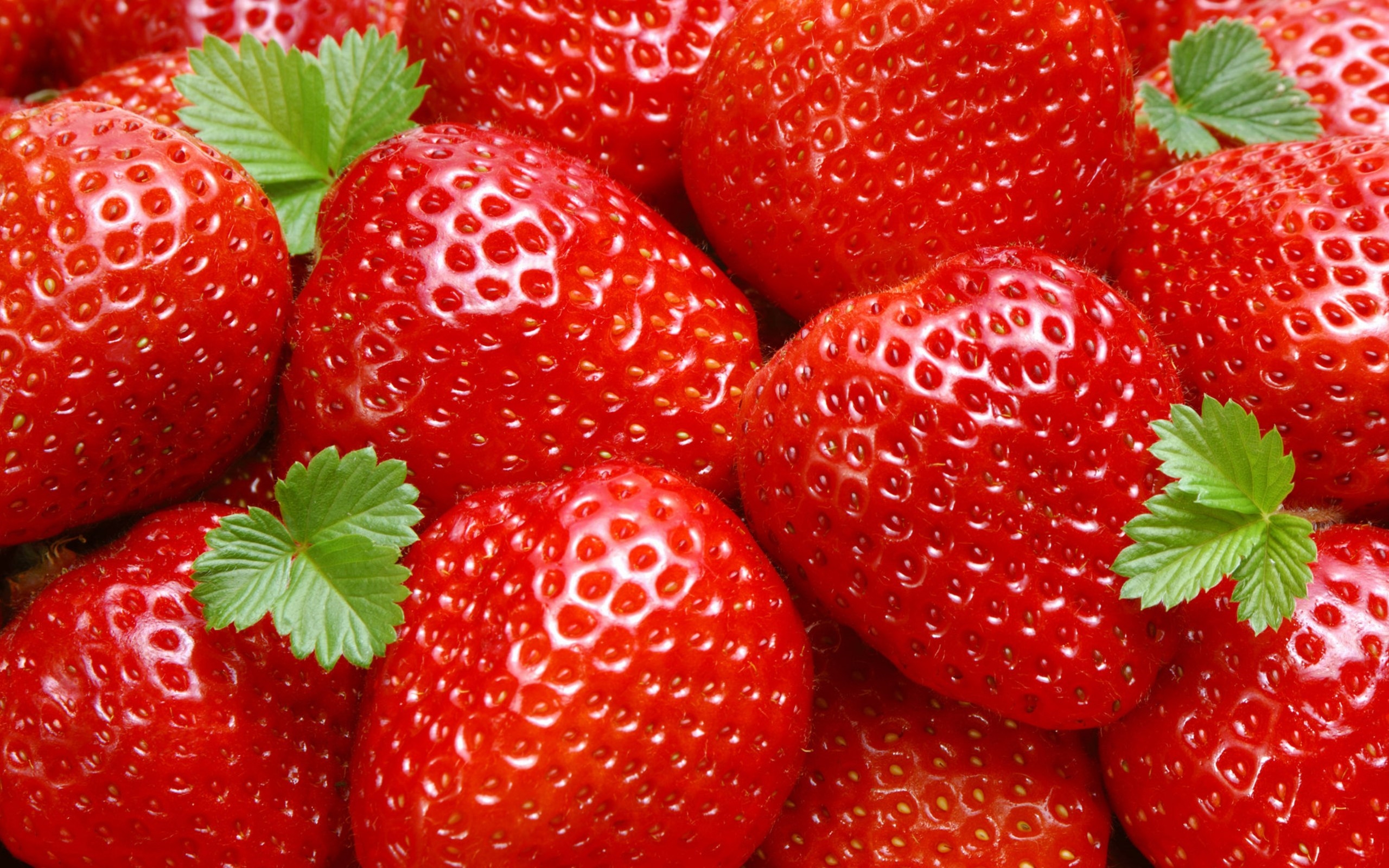
5.Strawberries
Strawberries are packed with antioxidants and anti-inflammatory enzymes, and have enough fiber to boost your digestion. Strawberries are an integral part of the Fat Resistance Diet program and can be eaten by themselves or with cereal, oatmeal and even yogurt. All you need to do is make a smart choice of coupling the fruit with a non-fattening dish.
According to the Fat Resistance Diet, strawberries promote the production of the hormone adiponectin and leptin, both of which are fat-burning hormones and metabolic hormones. This results in a higher metabolic rate and more weight loss. With a healthy, well-balanced diet and adequate exercise, strawberries can help you reach your goal weight easily. Anti-inflammatory enzymes can take care of internal injuries or even tissue damage, thus allowing you to do the exercise you need to lose weight and remain healthy.
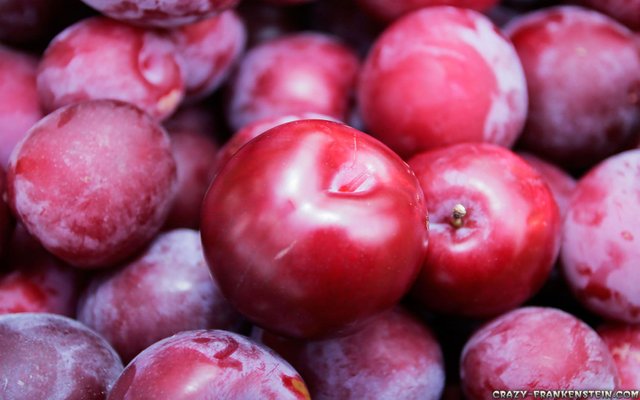
6.Plum
Plums are a small stone fruit related to nectarines and peaches. They tend to have a sweet and tart taste, and you can eat them as is or use them in a variety of recipes, including plum wine, pickled plums and plum jam. Plums are low in calories and offer several beneficial nutrients, so adding them to your diet can be beneficial.
Low in Calories
Plums are low in calories, which can be beneficial if you're dieting. Each small plum, about 2-1/8 inches in diameter, contains only 30 calories, or just 1.5 percent of the daily recommended intake of 2,000. You can burn off the calories in plums relatively easily; a four-minute swim would be sufficient to burn 30 calories.
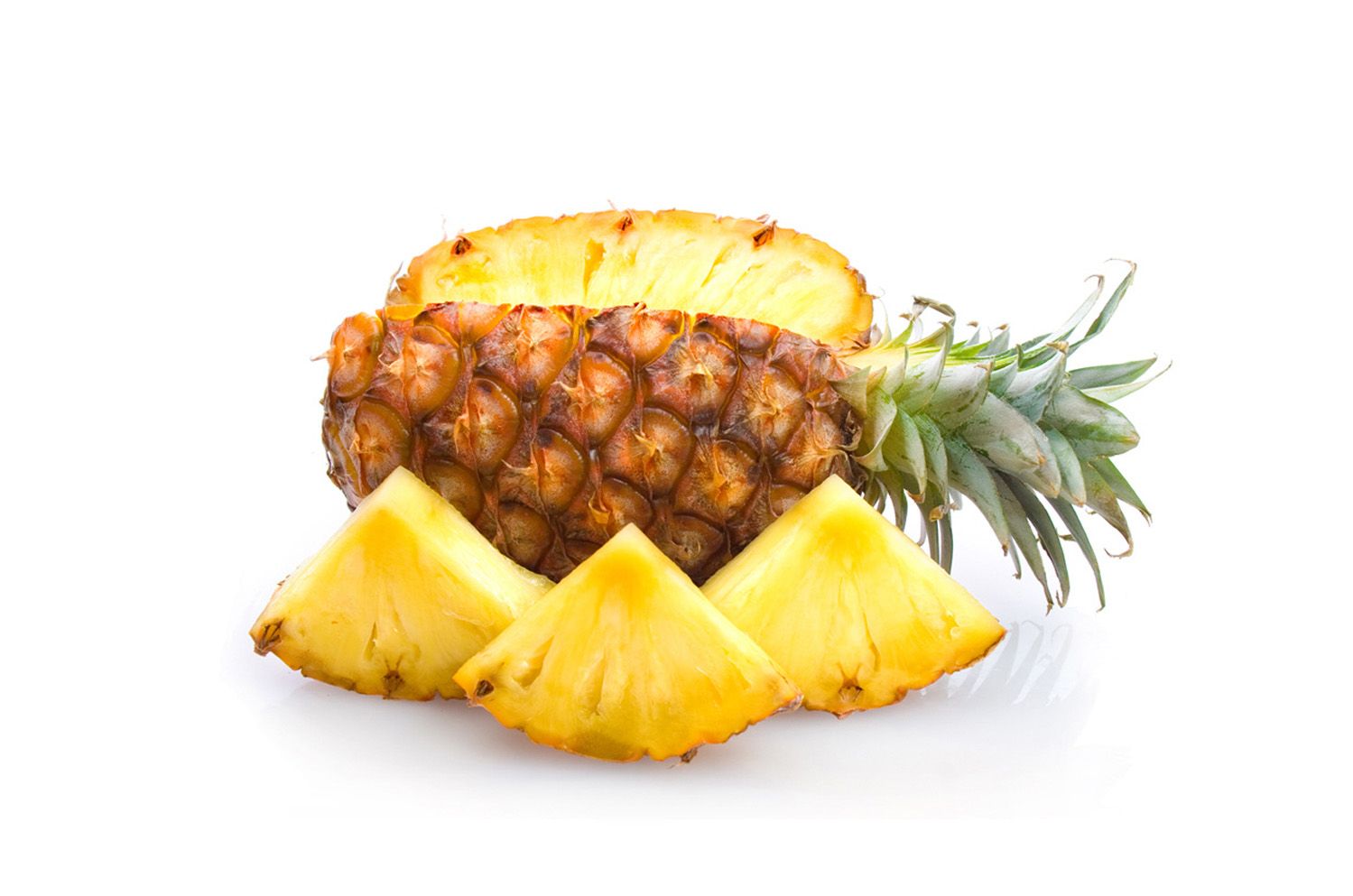
7.Pineapple
Some claim that pineapple can speed up your metabolism and boost fat loss. While there's nothing wrong with including pineapple in your weight-loss diet, this claim is overstated, and you need to be careful not to consume so much pineapple that you overshoot your daily calorie allowance.
Pineapple and Metabolism
Sports medicine specialist Dr. Dan Hamner claims that bromelain -- a compound contained in pineapple -- speeds up the digestion process, leading to a metabolism boost. Dietitian Sandra Mikhail disagrees, however, stating that individual foods do not lead to any significant increase in metabolic rate. Even if they do provide a short-term boost, this doesn't have any effect long term.

8.Mango
Mangoes are fat-free, cholesterol-free and salt-free. There is only 1% fat, 0% cholesterol and 0% sodium in 1 mango. Mangoes do not make you fat even if you eat them every day. For example, if you incorporate three mangoes (400 calories) as part of the calories you need each day, you will not gain weight.
Mangoes provide significant amounts of folate and vitamins A, B-6 and C, making them a nutritious fruit choice. Although they aren't a weight-loss miracle food, eating more of these and other fruits may help you reach your weight-loss goals a little sooner because of their high fiber content and low-energy density.
Replacing some of the less-healthy foods you eat with fruit, such as mangoes, may help you lose weight. A study published in "Nutrition Research" in April 2008 found that overweight people who ate higher amounts of fruit lost more weight than those who ate less fruit. Each 3.5-ounce-per-day increase in the amount of fruit that study participants ate led to an additional 0.7 pound of weight loss by the end of the six-month study.
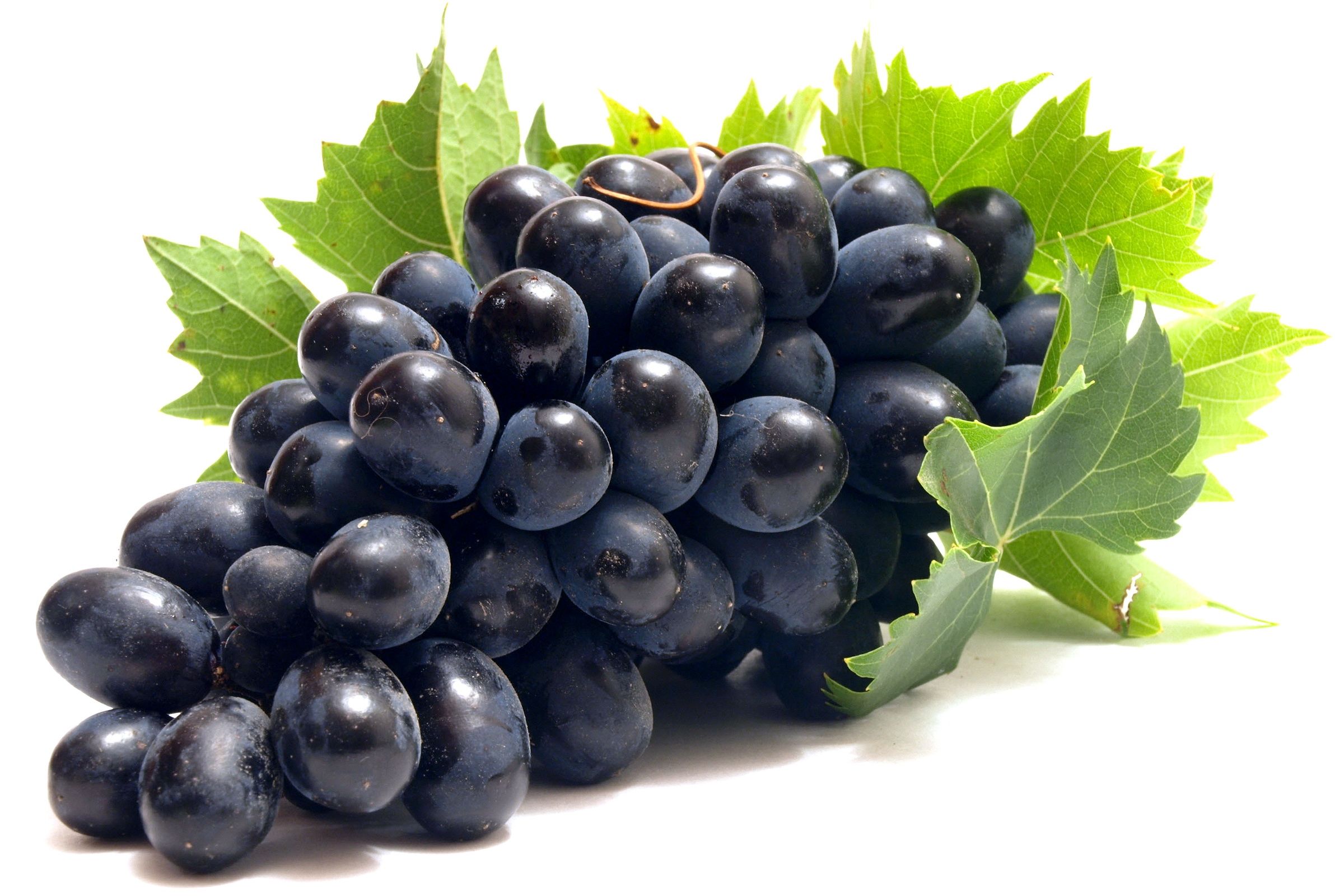
9.Grape
Grabbing a handful of grapes instead of a bag of chips is certainly a healthier dietary decision. This choice also supports weight loss, but grapes themselves aren't a weight-loss wonder. Eat too many calories worth of grapes -- or any other food -- and you'll exceed your daily calorie needs, thus preventing weight loss. One cup of grapes fulfills one of your fruit servings per day and counts as a whole, unprocessed food. Compounds in the fruit promote good health, but they won't have magical effects on your size.
Dark purple grapes contain a powerful antioxidant known as resveratrol in their skin, which early research linked to having cancer-, heart disease-, and diabetes-fighting properties. This research also suggested that consuming more of the antioxidant might help with obesity. But a diet rich in grapes, grape juice and wine fails to follow through as having such benefits on your health, noted a 2014 issue of the Harvard Health Letter. In most studies showing correlations between the antioxidant and health benefits, the dose of resveratol was much greater than you could consume in your diet, even if you included large servings of grapes.
Lose weight by eating fewer calories than you burn. A week of keeping this deficit to 500 or 1,000 calories leads to a loss of 1 to 2 pounds. Grapes can be a nutritious part of your diet when trying to lose weight, but they aren't going to induce weight loss.
You can't rely on one food to help you lose weight. Eat more whole, unprocessed foods in general, such as fresh vegetables, lean proteins and whole grains. Snack on fresh fruit -- such as a cup of grapes -- small servings of nuts and low-fat yogurt. Limit sugary drinks and alcohol. Move more, too, as part of your general weight-loss strategy. Go for at least 150 minutes of moderate-intensity cardio weekly; participating in more can result in bigger losses.
When figuring grapes into your meal plans, know that a cup of fresh grapes contains about 100 calories along with some vitamin C and fiber. Muscadine grapes are higher in fiber than the regular Thompson seedless variety. Fiber can be beneficial on a weight-loss plan because it slows digestion and helps you feel full for longer.
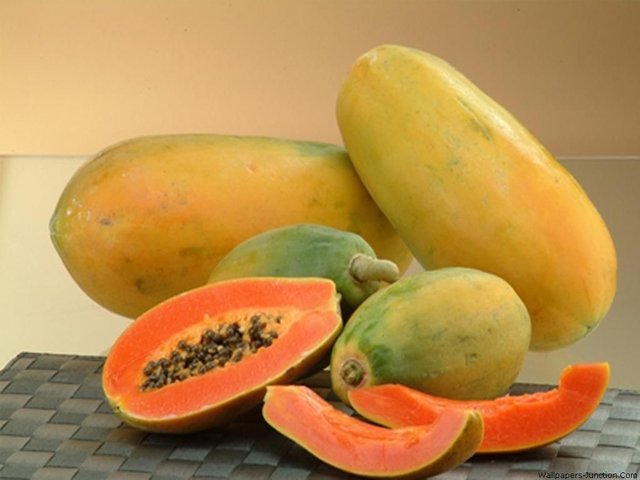
10.Papaya
It is a wonderful diuretic and antioxidant, it possesses a large amount of plant fiber, and very little calories. It also provides a good about of vitamins A, C, and B, calcium, iron and phosphorous. And if that weren't enough, papaya also helps in weight loss and fighting cellulite.
Papaya is a nutritious fruit choice, providing significant amounts of fiber, folate and vitamins A and C. People who eat more vegetables and fruits, such as papaya, tend to lose more weight, according to a study published in "Nutrition Research" in April 2008. In this study, each 3 1/2-ounce-per-day increase in fruit intake led to an extra 10.6 ounces, or about 2/3 pound, of weight loss during the six-month course of the study.
It’s always been said that papaya is the fruit of good health. It has a sweet, pleasant taste and beautiful color. Deep within its wonderful pulp lies a component known as papain, capable of providing huge therapeutic benefits to the body. And that’s not all – you can even lose weight with papaya.
Papaya is a tropical fruit known around the world. It is therefore easily found, in order to benefit from it. It is a wonderful diuretic and antioxidant, it possesses a large amount of plant fiber, and very little calories. It also provides a good about of vitamins A, C, and B, calcium, iron and phosphorous.And if that weren’t enough, papaya also helps in weight loss and fighting cellulite.
Nice Topic dude
thanks bro